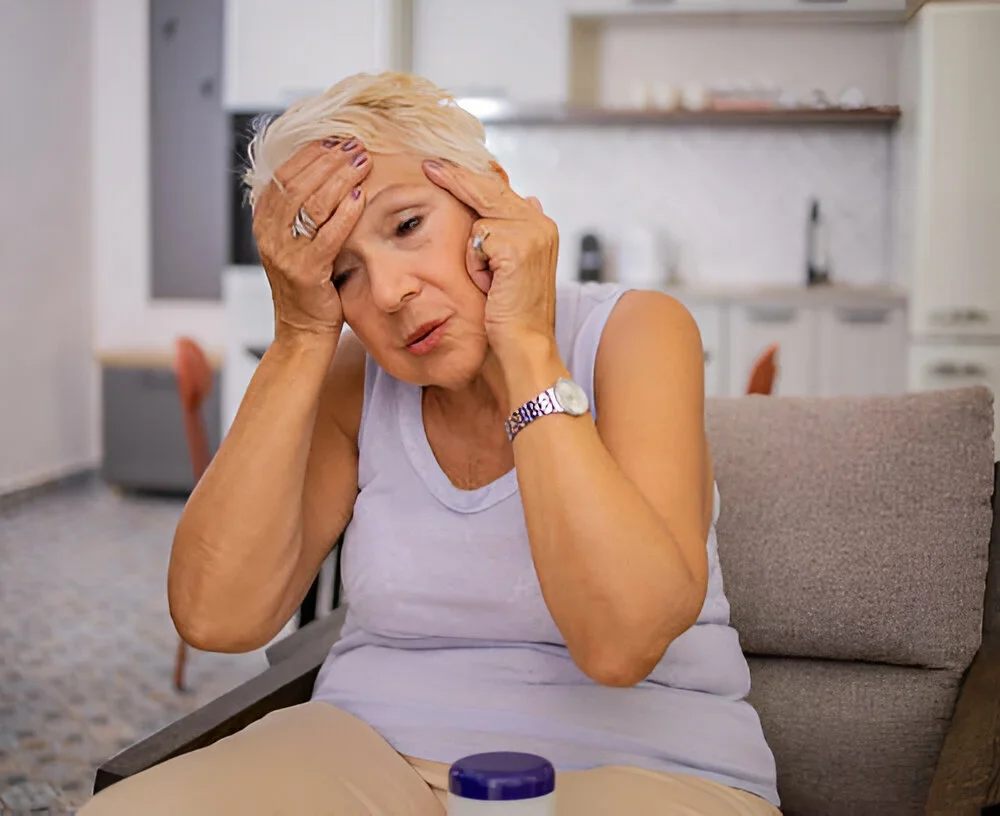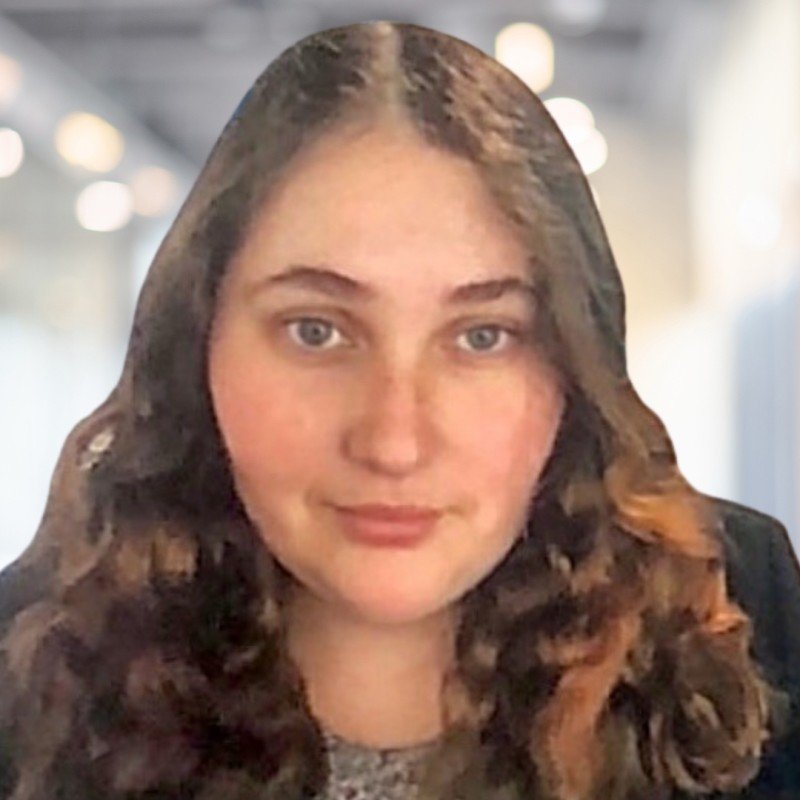
Last Updated on August 28, 2025 by Beth Skwarecki
Every year, thousands of elderly residents in nursing homes suffer from brain injuries, a startling statistic that underscores a grave issue. These injuries often stem from falls, mishandling, or medical errors, weaving a complex web of emotional and legal challenges for families.
Learn about the legal options available when a loved one suffers a brain injury in a care facility, with this comprehensive guide to your rights and next steps.
By understanding your rights and the steps you can take, you’ll be better equipped to seek justice and compensation for the harm done.
Understanding Brain Injuries in Nursing Homes
In the confined spaces of nursing homes, residents are particularly susceptible to various forms of brain injuries.
These can arise from seemingly mundane incidents such as falls, or more distressing situations like assaults or medication mishaps.
Each type of injury carries its own set of risks and consequences, which are often exacerbated by the residents’ frailty.
Falls, the most common cause, often occur due to insufficient fall prevention measures such as inadequate staffing or poorly maintained facilities.
Medication errors, another prevalent issue, can lead to severe cognitive impairments when residents are improperly dosed or given incorrect prescriptions.
Lastly, physical assaults—whether from fellow residents or staff—can lead to traumatic brain injuries, the effects of which may not be immediately evident.
The vulnerability of the elderly population makes it imperative that nursing homes uphold the highest standards of care.
Recognizing the signs of brain injury early on can be crucial in preventing further damage and in addressing the failures in care that allowed such injuries to occur.
Recognizing Signs of Brain Injury in Nursing Home Residents
According to the Los Angeles brain injury attorneys at PSR, detecting brain injuries early in nursing home residents is vital to prevent further harm and facilitate prompt medical intervention. Caregivers and family members must be vigilant for various symptoms that might indicate a brain injury:
- Confusion and Disorientation: A sudden onset of confusion or difficulty understanding basic instructions can be a clear warning sign.
- Memory Loss: Watch for changes in short-term memory recall, which can be subtle initially.
- Physical Symptoms: Symptoms like dizziness, balance issues, or a persistent headache should raise concerns.
- Behavioral Changes: Alterations in mood or behavior, such as increased agitation or withdrawal from social interactions, are significant indicators.
Prompt action upon noticing these symptoms can make a considerable difference. It is crucial to report any concerning changes to nursing home staff and seek medical evaluation.
This not only ensures the well-being of the resident but also documents potential evidence of neglect or abuse, should legal action become necessary.
When Legal Action Might Be Necessary
Legal intervention becomes a consideration when there is reason to believe that a brain injury in a nursing home resulted from negligence. Understanding when to take this step is crucial for protecting your loved one and ensuring they receive the justice they deserve.
Evidence of Negligence: If it appears that the nursing home failed in their duty to provide a safe environment—be it through inadequate staffing, non-compliance with safety protocols, or neglecting resident care—a legal claim may be warranted.
Examples of Negligence Include:
- Inadequate Staffing: Too few staff members can lead to unmet needs and unsafe conditions for residents.
- Failure to Follow Care Plans: Ignoring prescribed healthcare protocols can directly harm residents.
- Improper Use of Restraints: Unauthorized or unnecessary restraints might cause physical injuries, including those to the brain.
In such cases, consulting with an attorney who specializes in elder abuse and nursing home neglect is imperative. They can assess the situation, determine the viability of a legal claim, and help navigate the complex legal system to hold the responsible parties accountable.
Types of Legal Claims for Brain Injuries in Nursing Homes
When pursuing legal recourse for a brain injury in a nursing home, several types of claims may be applicable, depending on the specifics of the case. Understanding these can guide your decisions and help secure the best possible outcome for your loved one.
- Negligence: This claim asserts that the nursing home failed to meet the standard of care required, leading to the resident’s injury. Demonstrating this involves proving that the facility’s actions or lack thereof directly caused harm.
- Medical Malpractice: If a healthcare professional’s carelessness contributed to the injury, a medical malpractice claim might be appropriate. This requires showing that the medical treatment fell below the accepted standard of care in the medical community and led to the resident’s injury.
- Wrongful Death: In the tragic event that a brain injury results in death, a wrongful death lawsuit may be pursued. This type of claim seeks compensation for the survivors’ loss, including funeral expenses, loss of companionship, and other damages.
Each type of legal claim involves complex legal theories and requires substantial evidence. Working with an experienced attorney ensures that the right strategy is employed to articulate the claim effectively and persuasively.
The Legal Process for Pursuing a Claim
Navigating the legal landscape following a brain injury in a nursing home can be daunting. Familiarity with the general process helps in preparing for what lies ahead and ensures you can advocate effectively for your loved one.
- 1. Gathering Evidence: This foundational step involves collecting medical records, eyewitness statements, and expert testimonies to establish the link between the nursing home’s actions and the injury suffered.
- 2. Filing a Lawsuit: Once sufficient evidence is gathered, your attorney will file a formal complaint against the nursing home. This document outlines the basis of your claim and the damages sought.
- 3. Discovery Phase: During this stage, both parties exchange information through depositions, requests for documents, and interrogatories. It’s a critical phase where additional evidence is uncovered.
- 4. Settlement Negotiations: Often, cases are resolved through settlement before reaching trial. Negotiation is a skillful process where your attorney advocates for a fair compensation package based on the strength of your evidence and legal arguments.
- 5. Trial: If a settlement is not reached, the case will go to trial. Here, both sides present their evidence and arguments, and a judge or jury makes a final decision.
An experienced lawyer can provide invaluable guidance through each of these steps, ensuring that you understand your options and the best course of action at every stage.
Finding the Right Lawyer
Selecting an adept lawyer is pivotal when pursuing a claim for a brain injury in a nursing home. The right legal representation can dramatically influence the outcome of your case. Here are essential factors to consider:
Experience in Elder Law and Nursing Home Abuse
Look for an attorney with specific expertise in nursing home abuse and elder law. Their specialized knowledge and familiarity with common issues in these cases can provide a significant advantage.
Track Record of Success
Assess the lawyer’s history in handling similar cases. Successful past results indicate a strong understanding of what it takes to win complex legal battles involving elder care and brain injuries.
Communication and Transparency
Effective communication is crucial. Your lawyer should be accessible and willing to explain the legal process in clear terms. Transparency regarding the progress of your case and the fees involved is also essential for a trustworthy client-lawyer relationship.
Client Reviews and Testimonials
Insights from previous clients can provide valuable information about the lawyer’s practice style and effectiveness. Positive reviews and testimonials reflect well on their professionalism and ability to handle sensitive cases.
Taking the time to choose a lawyer who meets these criteria ensures that you have a skilled advocate who is committed to securing justice and appropriate compensation for your loved one.
Navigating Legal Steps for Brain Injury Cases in Nursing Homes
Brain injuries in nursing homes are distressing events that demand serious attention and action. When these injuries stem from negligence, it’s crucial to explore legal recourse to hold responsible parties accountable and to secure compensation for the injured. This blog post has outlined the types of brain injuries that may occur, signs to watch for, and the circumstances under which legal action is advisable.
Understanding the types of legal claims, the general legal process, and the importance of choosing the right attorney equips you with the tools needed to navigate these challenging situations. If you suspect that a loved one has suffered a brain injury due to nursing home negligence, consulting with an experienced elder law attorney is a critical step. They can provide the guidance and representation necessary to advocate effectively for your loved one’s rights and well-being.
Final Words
As we advocate for the safety and proper care of our elderly loved ones, holding nursing homes to the highest standard of care is essential. Remember, this information is not legal advice, but a guide to help you understand the options available. Always seek professional counsel to discuss specific issues or cases.

Lizethe writes about the vital intersection of healthcare and law, breaking down complex legal topics into clear, practical insights. From patient rights to medical regulations, Lizethe helps readers understand the legal side of health, empowering them with knowledge to protect and advocate for themselves.